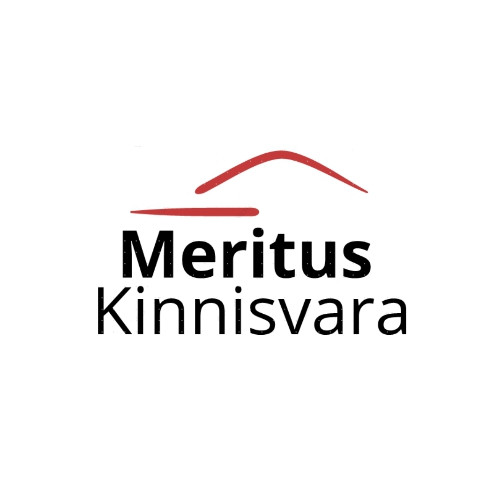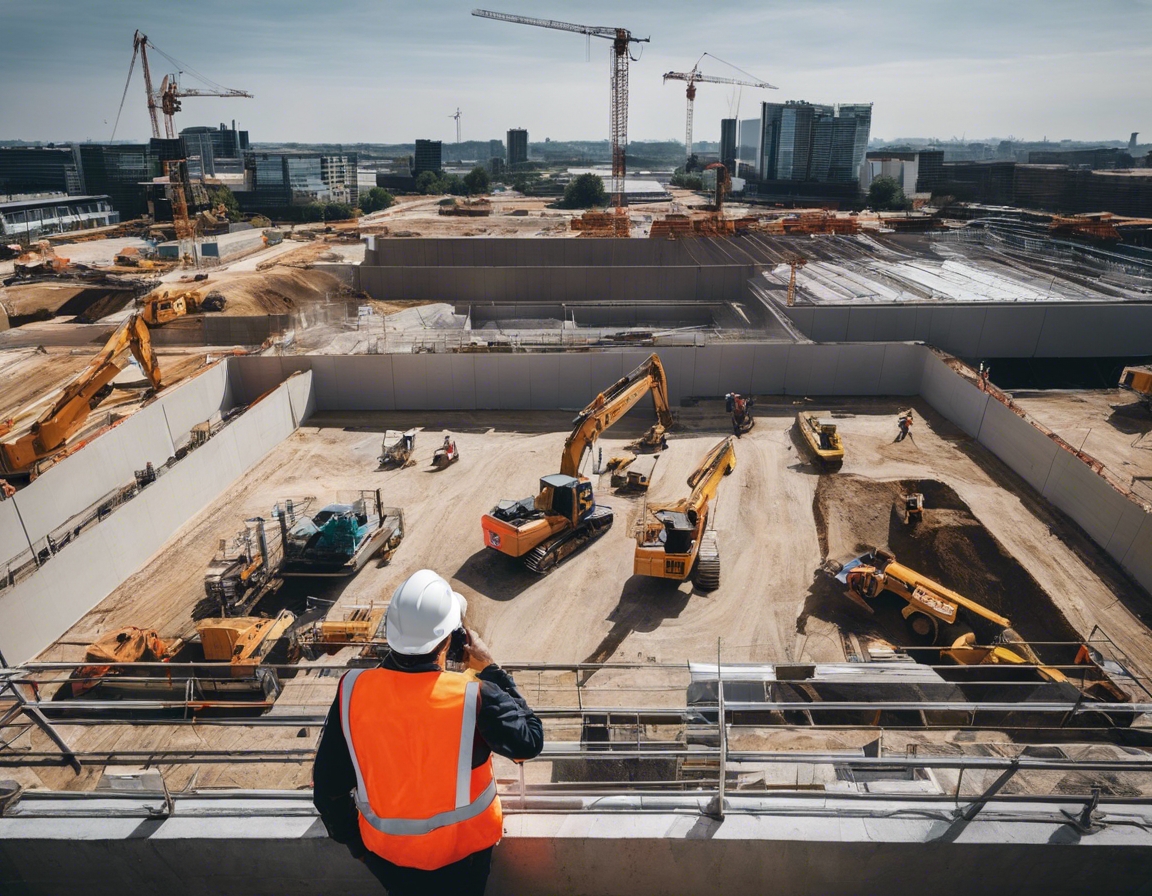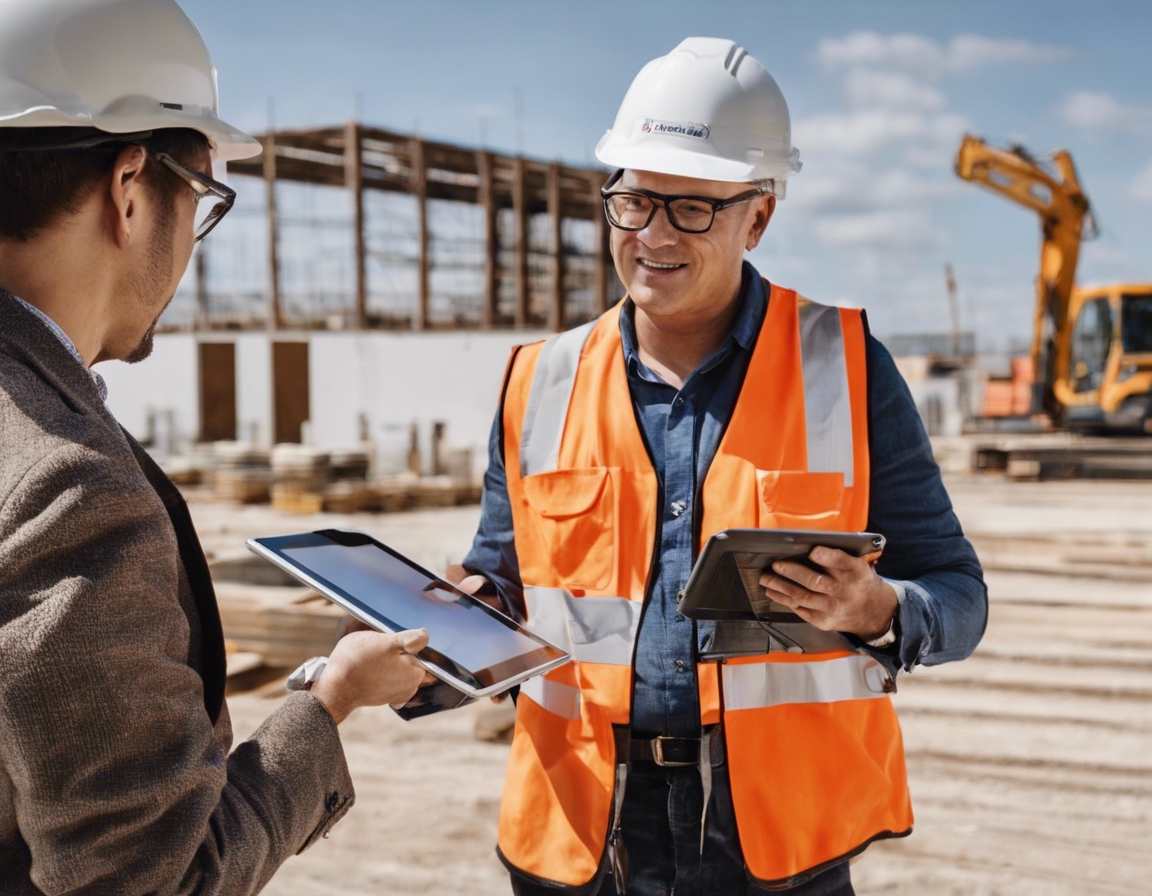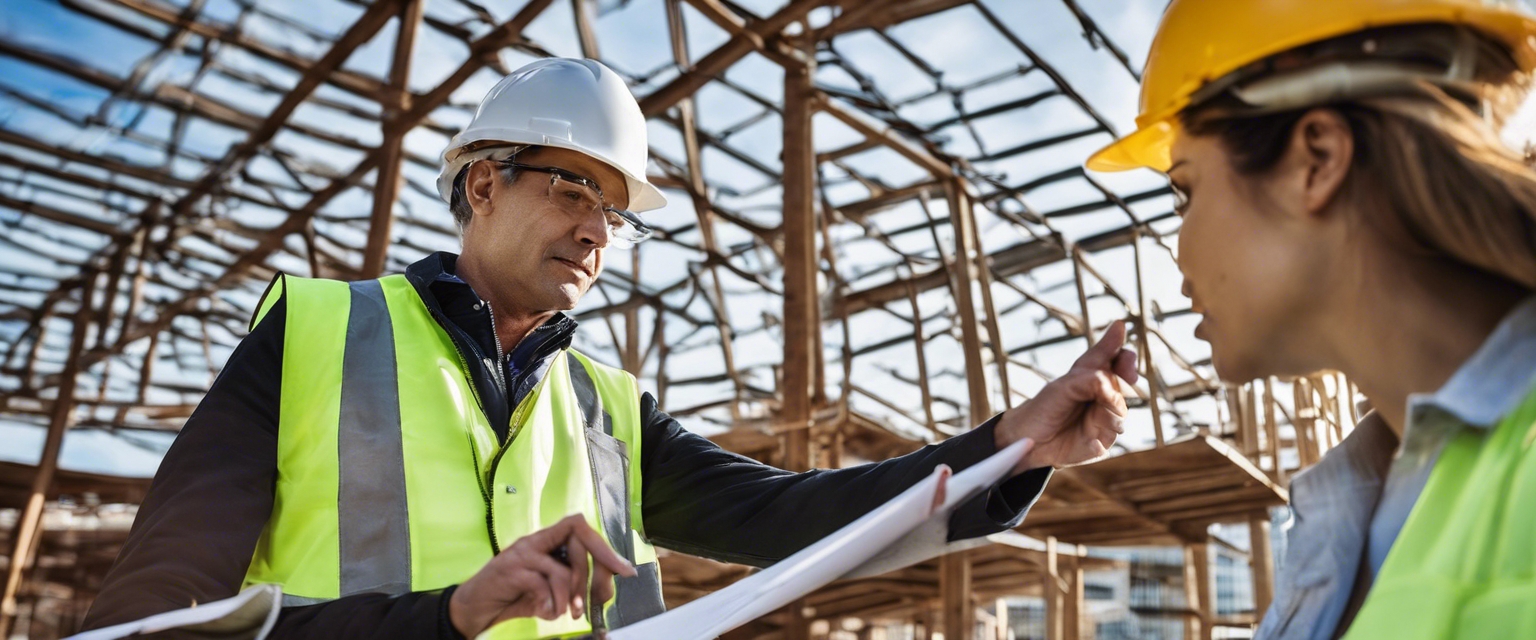Understanding the legalisation process for buildings
Building legalisation is the process of ensuring that a structure complies with local zoning laws, building codes, and other regulatory requirements. It involves obtaining the necessary permits and approvals from local authorities to deem a building legal for occupancy and use.
Legalising a building is crucial for safety, insurance, and resale value. It ensures that the structure is safe for occupants, meets environmental standards, and is recognized by financial institutions for loans or mortgages. Moreover, it prevents legal issues and penalties that can arise from non-compliance.
The Legalisation Process
The first step in the legalisation process is to conduct a thorough assessment of the building to identify any areas that do not meet legal standards. This involves reviewing architectural plans, construction permits, and previous inspections. Gathering all relevant documentation is essential for a smooth legalisation process.
Once all documentation is in order, the next step is to submit an application for legalisation to the local authorities. This application should include all necessary paperwork, such as property deeds, building plans, and compliance certificates.
After the application is submitted, the building will be inspected by government officials to ensure it meets all legal requirements. If any non-compliance issues are found, they must be addressed before proceeding. This may involve making structural changes or updating facilities to meet current codes.
Once the building passes inspection and all requirements are met, the legalisation certificate is issued. This document serves as proof that the building is legally recognized and compliant with all regulations.
Common Challenges in the Legalisation Process
One of the most common challenges in the legalisation process is addressing areas of non-compliance. This can be costly and time-consuming, requiring significant modifications to the building.
The legalisation process can be complex and involve multiple government departments. Navigating this bureaucracy requires patience and an understanding of the legal framework.
Local regulations can vary significantly, and staying informed about the specific requirements in your area is essential. This includes zoning laws, building codes, and environmental regulations.
Professional Assistance in Building Legalisation
Real estate experts play a vital role in the legalisation process. They have the knowledge and experience to guide property owners through the complexities of legal compliance, ensuring that all steps are properly executed.
MERITUS KINNISVARA OÜ offers comprehensive real estate solutions, including assistance with the legalisation process for buildings. Our team of experts can provide the necessary support to ensure that your building meets all legal requirements, helping you avoid potential pitfalls and streamline the process.






Comments (0)